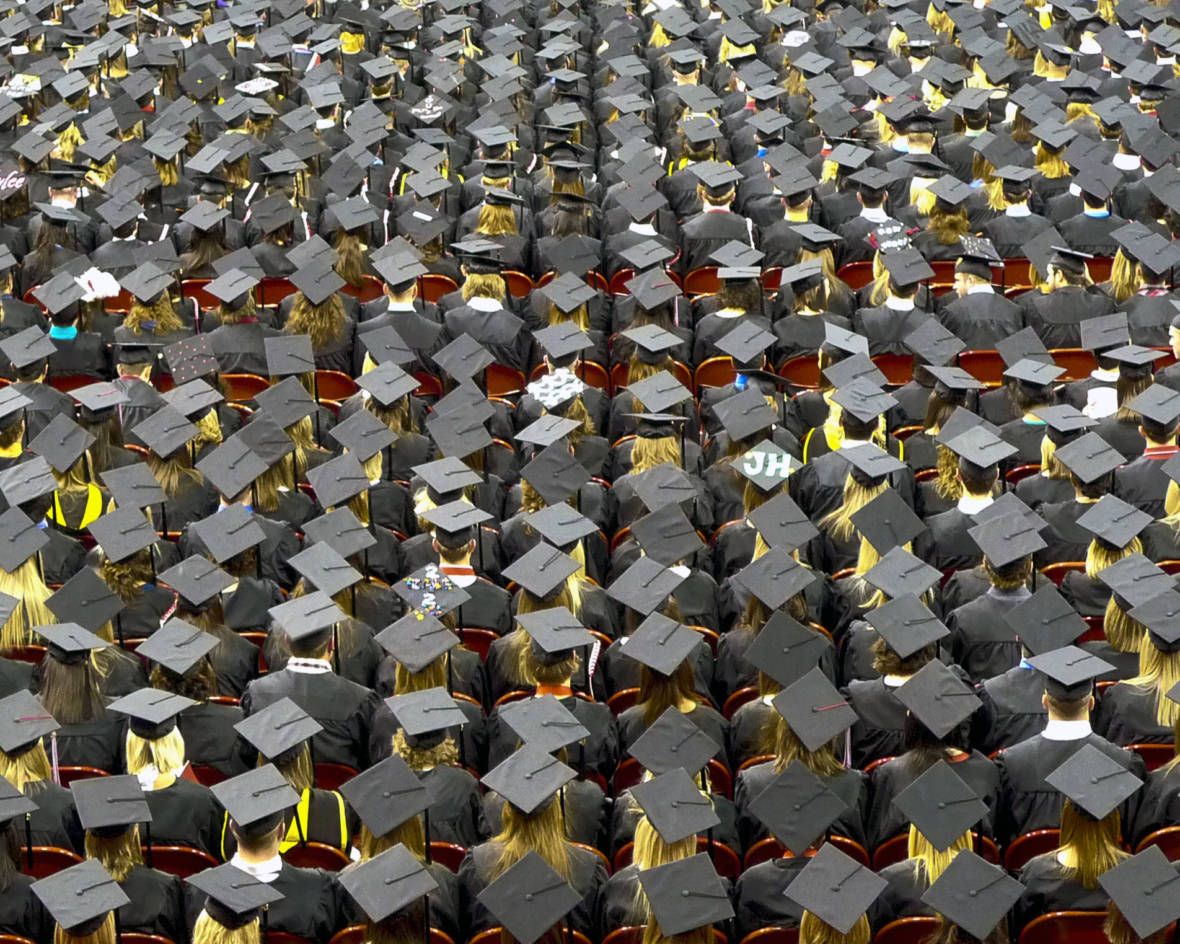One in three Californians say they are seriously considering leaving the state because of high housing costs. And, for the past decade or so, California has been exporting more residents to other states than it imports.
But new census numbers show one group keeps coming: young college graduates.
The Public Policy Institute of California crunched the numbers and found almost 140,000 college graduates moved to California from other states between 2011 and 2016. That's about half as many college degrees as the entire University of California system produced over the same period.
This pattern -- losing so many less educated residents and gaining so many college grads -- is unique in the nation, says Hans Johnson, who runs the Higher Education Center at the Public Policy Institute of California. But it's not necessarily a welcome distinction.
"Certainly most people in California, and most young adults, do not acquire a college degree," he says. "And for them, housing costs and work opportunities are such that many of them feel that they need to leave the state."
